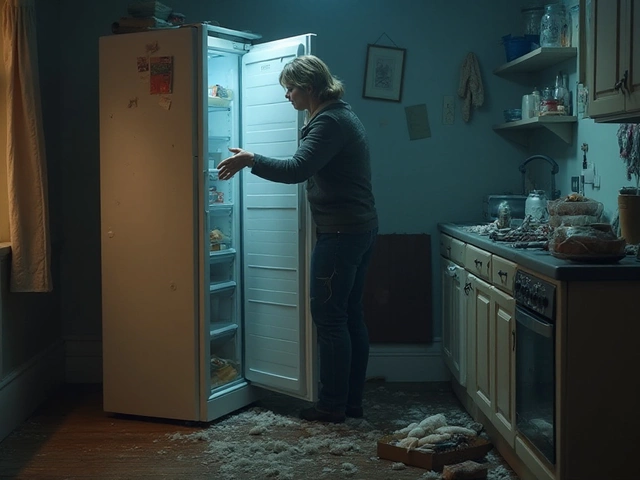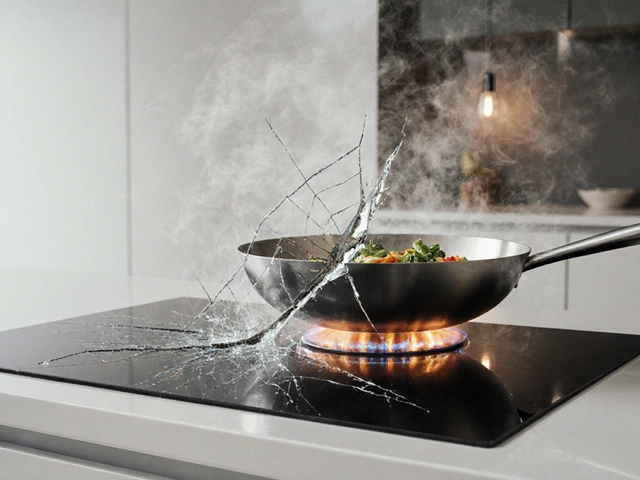Appliance Tips: Simple Advice to Keep Your Home Running Smoothly
Got a fridge that's getting louder, a boiler that keeps tripping, or a dishwasher that won’t drain? You’re not alone. Most household appliances start acting up after a few years, but a little know‑how can save you time, money, and a lot of frustration. Below you’ll find straight‑forward advice that helps you spot problems early and fix the most common issues without calling a tech right away.
Why Regular Maintenance Matters
Every appliance has parts that wear out – fans get dusty, seals crack, and filters clog. When you ignore these signs, the device works harder, uses more energy, and eventually breaks down. A quick 5‑minute check each month can catch dust on an extractor fan, a blocked freezer coil, or a loose oven heating element before they become costly repairs.
Start with the easy wins: wipe down the back of your fridge, vacuum the coils, and clean the lint filter on your dryer. These steps keep heat exchange efficient and reduce strain on compressors. For boilers, look out for strange noises or a drop in pressure gauge reading – both are early alarms that a professional should see, but you can at least note the symptom.
Quick Fix Ideas for Common Problems
Oven won’t heat? First, check the heating element for visible burns or breaks. If it looks okay, reset the oven’s circuit breaker and see if the problem persists. Many electric ovens have a simple thermostat switch that can be swapped with a basic screwdriver set.
Freezer not freezing? Make sure the door seal is tight – a piece of paper should stay in place when you close the door. If the seal is cracked, a quick replacement kit will restore the cold seal. Also, defrost any ice buildup; a thick layer of frost blocks airflow and raises the internal temperature.
Extractor fan humming but not moving air? Turn off the power, remove the cover, and give the motor a gentle spin. If it sticks, a few drops of light oil can free it up. If the motor still feels gritty, the whole unit may need replacement – that’s a job for an electrician.
Washing machine won’t spin? Look for an unbalanced load or a blocked pump filter. Empty the filter, clean any lint, and try a small load again. If the drum still refuses to turn, the drive belt might be worn and can be replaced with a basic toolkit.
These bite‑size fixes are designed to get you back up and running fast. When a problem feels beyond a quick tweak, note down the symptoms and call a qualified repair service. Providing clear details helps the technician diagnose faster and often reduces the service cost.
Remember, the goal isn’t to become an appliance guru, just to keep the everyday hiccups from turning into full‑blown breakdowns. A little regular care and a handful of simple tricks go a long way in extending the life of your kitchen and home appliances.







